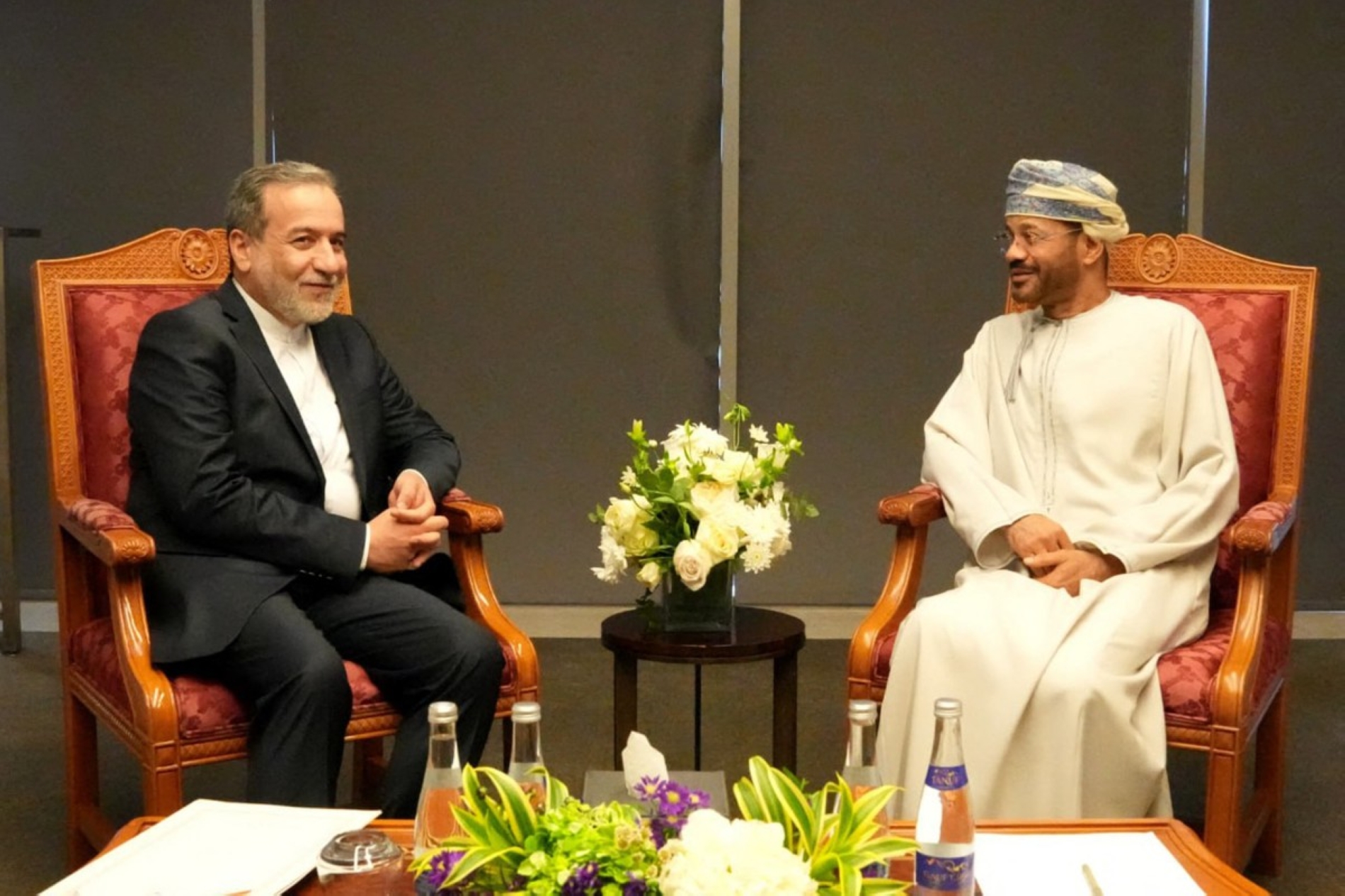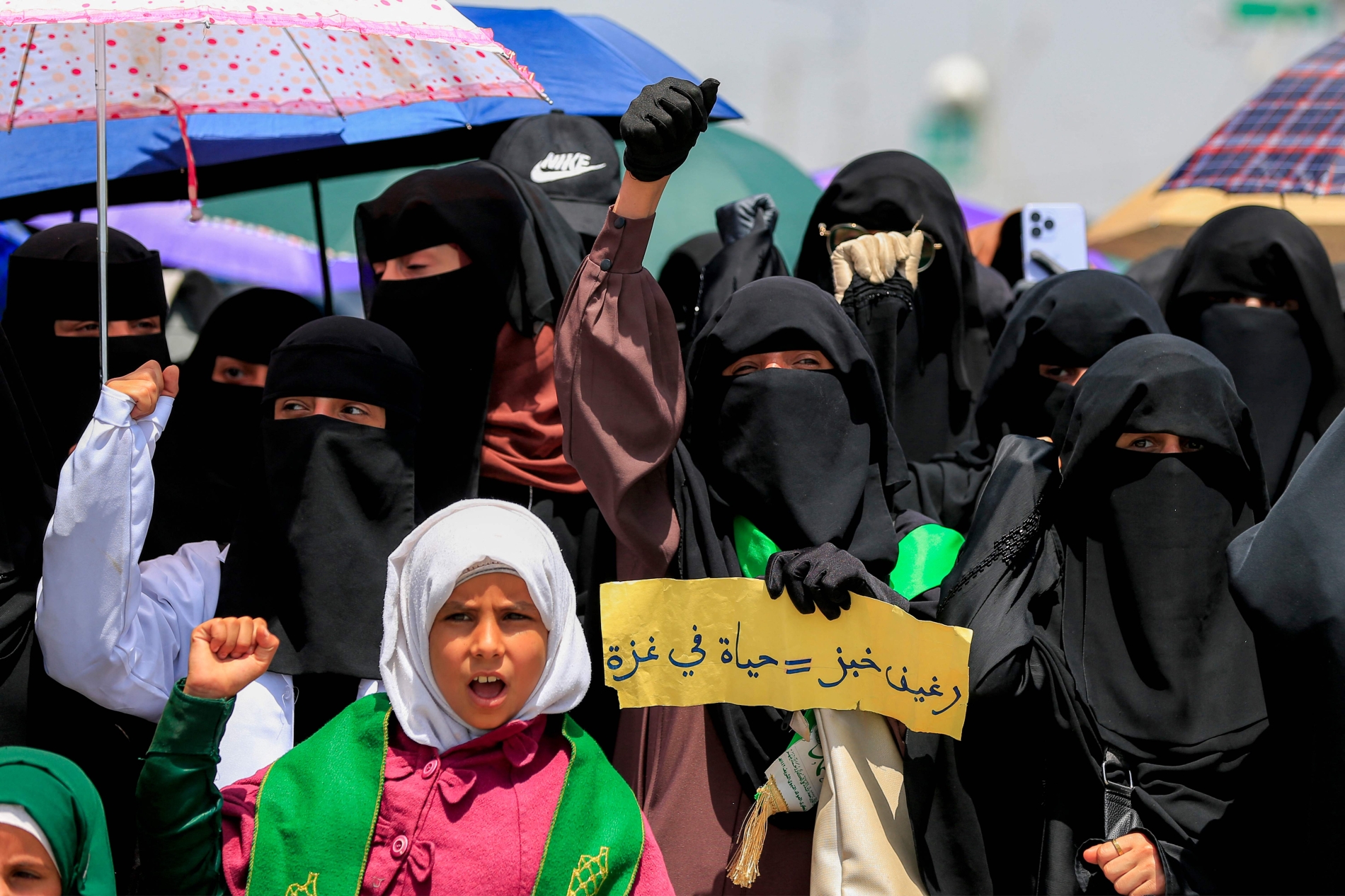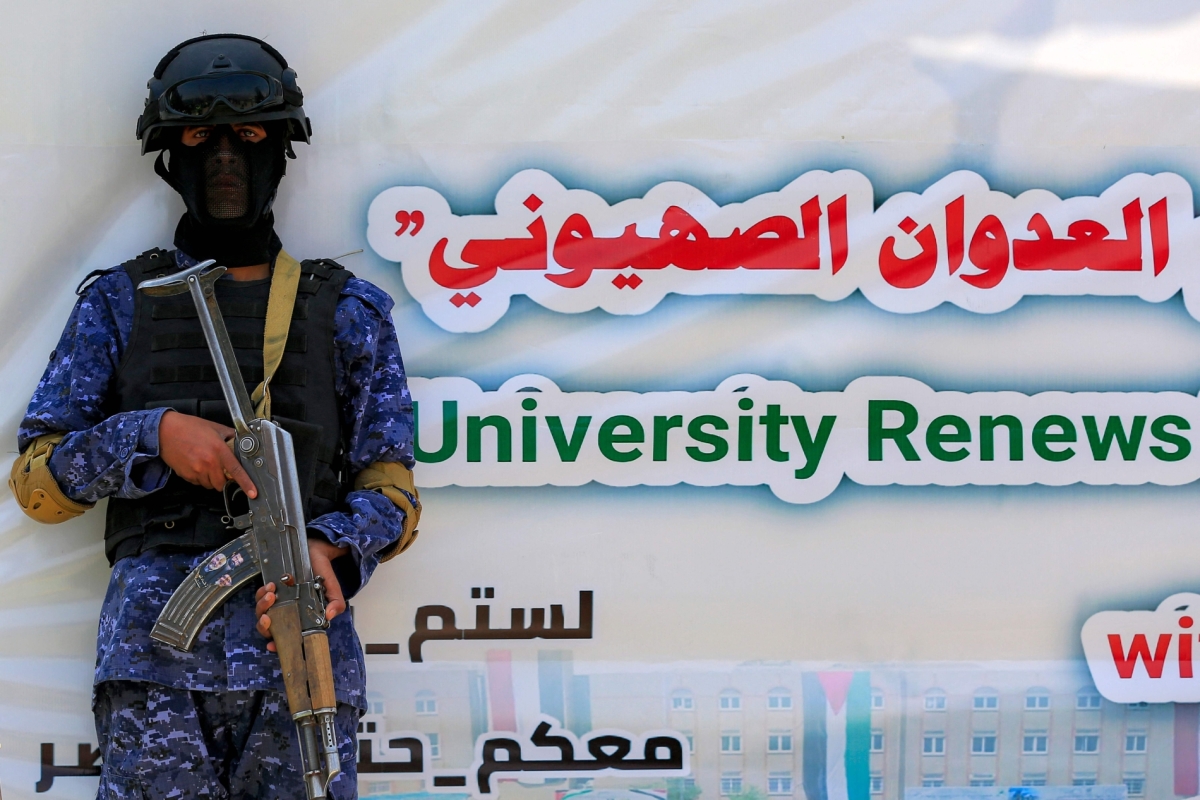Fears are growing that Yemen’s civil war is in danger of becoming a forgotten conflict as a wave of rapid and turbulent change sweeps across the Middle East and protests break out across a divided country.
The areas under the control of the Iran-backed Houthis in the northwest are gripped by mounting political and social tensions. This increases the likelihood of armed clashes between the group and its tribal and political adversaries, particularly with its main rival, the General People’s Congress.
Earlier this month, Houthi militants stormed several GPC offices and arrested a number of its leaders and supporters. Additionally, a Houthi-controlled court meted out a death sentence for the party’s deputy leader, Ambassador Ahmed Ali Abdullah Saleh (the son of assassinated Yemeni president Ali Abdullah Saleh), who is currently living in exile. Around 60 other GPC members received varying prison terms.
A deepening economic crisis lies at the heart of this political volatility. Widespread protests against corruption and the collapse of utilities, particularly water and electricity, erupted in several southern cities in the past months, including Al Mukalla and Seiyun in Hadramout. Hundreds of women led demonstrations in Aden.
From the women-led protest in Aden yesterday. Since early May, women-led weekly protests in several Yemeni cities have taken place, calling for improved living conditions. #yemen pic.twitter.com/YZYNRX97vP
— Afrah Nasser أفراح ناصر(@Afrahnasser) June 22, 2025
This public anger reveals a clear truth: Yemenis are crying out for a functioning state. They want guarantees of rights and freedoms, proper regulation of relations between the country’s diverse and complex groups and the reliable provision of proper basic services.
This is the story of Yemen's arrival at this pivotal point in its turbulent history, and what looks likely to happen next.
Regional and global inaction
Yemen’s conflict is over a decade old and has even deeper roots, reaching both the north and south of the country. Its neighbours and allies have shown little interest in rescuing Yemen from fragmentation since the Houthis’ armed takeover of Sana’a and nine other provinces, in defiance of the outcome reached at 2012’s National Dialogue Conference on Yemen’s future.
The situation is now even more dire. Six military campaigns have failed to defeat the Houthis or sever the group’s ties with Iran. All efforts to draw them into genuine peace talks have been unsuccessful.
Wider tensions between Tehran, Israel and the United States over Iran’s nuclear programme have created further complications. Iran has insisted on near-impossible conditions on any talks, including the exclusion of its missile programme from negotiations and any mention of its destabilising regional role, while demanding the lifting of sanctions.

This means that any chance of an agreement between Washington and Tehran is unlikely in the near and medium term. Without it, peace in Yemen remains distant, while wider regional instability pushes it further back.
Since 2011, when the crisis began, the United Nations has appointed four envoys to work alongside Western and Gulf mediators, with Hans Grundberg of Sweden being the latest envoy, who has been in place since August 2021. None of them has been able to move beyond crisis management to find a solution.
This inaction has left Yemen’s plight mired as a humanitarian issue on the global political agenda. There is no political momentum for decisive military action to force a comprehensive, historic settlement that addresses the root causes of the crisis.
Three rounds of complex consultations and negotiations in Switzerland, Kuwait, and Sweden between delegates of the legitimate Yemeni government and the Houthis—and at times with participation from the GPC—have not produced any breakthrough.
The Houthis are ill-disposed to any idea of partnership for peace or efforts to restore the state. The group will not relinquish its weapons, surrender any areas under its control, or retreat back to the mountains in Saada, from where it emerged. They fear that any moves toward reconciliation would mean they would have to account for the scale and nature of the crimes they have been accused of committing during the war.
Any transition away from violence into regular politics, as done by other militia movements, is unlikely for the Houthis. Their conduct remains erratic and unsettling, discouraging any regional or international actor from pursuing such an initiative.

On the other side of the conflict, the Houthis’ opponents lack the political and military leverage needed to restore the state, particularly given the weakness and fragility of the regular government, which is riven by deepening divisions and strategic confusion. These challenges are compounded by severe economic and security pressures, as well as the absence of most senior officials and ministers from the interim capital, Aden.
Homegrown solution
There is a feeling in Yemen that any solution to the country’s problems should be homegrown. But the reality is that the divisions between the country’s factions are too deep to bridge without outside help. Saudi Arabia— Yemen's neighbour to the north—is well-positioned to play a key role in pressuring all sides in Yemen to reach a settlement.
Any such agreement need not be perfect, comprehensive or final. However, it must lead to one of two outcomes: either bridging divisions among the parties to enable them to enter into equitable negotiations with the Houthis, or moving forward with the federal state project agreed upon at the National Dialogue Conference.
That could begin with its implementation in the regions which have accepted the outcome, firstly, the southern and eastern areas of the country, which are beyond Houthi control. This could open a route toward the most plausible way forward for the country: a federal Yemen.
Several political forums bringing together influential Yemeni political elites and activists from inside and outside the country have been organised by research centres, with sponsorship from Western nations including Sweden, the Netherlands, and Germany. All reached the same conclusion: there is no alternative to a federal Yemen, despite the challenges, objections, and reservations it faces from various quarters.













